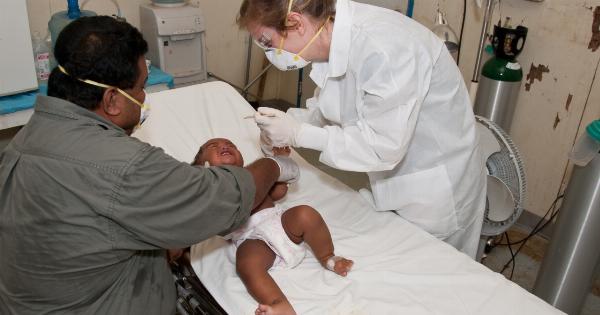Pyelonephritis is a kidney infection that occurs when bacteria enters the kidneys and causes inflammation. It can cause serious damage to the kidneys and other organs if not treated properly.
This comprehensive guide will provide an overview of the causes, symptoms, diagnosis, treatment, and prevention of pyelonephritis.
Causes
Pyelonephritis is most commonly caused by bacteria, usually from the urinary tract. It can also be caused by a bladder or prostate infection.
Women are more likely to develop pyelonephritis than men because they have shorter urethras, which makes it easier for bacteria to enter the urinary tract.
Symptoms
The symptoms of pyelonephritis include fever, chills, nausea, vomiting, flank pain, and frequent urination. In severe cases, blood may be visible in the urine. If you experience any of these symptoms, it is important to see a doctor immediately.
Diagnosis
Pyelonephritis is typically diagnosed through a combination of physical examination, medical history, and laboratory tests. Urine tests and blood tests can help diagnose the type of bacteria causing the infection.
Imaging tests, such as ultrasound or CT scans, may be ordered to check for any signs of kidney damage.
Treatment
The treatment of pyelonephritis involves antibiotics to kill the bacteria causing the infection. Pain relievers may also be prescribed to relieve discomfort.
In severe cases, hospitalization may be necessary for intravenous antibiotics or for more intensive treatment of complications. It is important to complete the full course of antibiotics to ensure the infection is fully treated.
Prevention
Prevention of pyelonephritis involves practicing good hygiene and maintaining a healthy urinary tract. This includes drinking plenty of water, urinating regularly, and wiping from front to back after using the bathroom.
Women who are prone to urinary tract infections may also benefit from using urinary tract infection prevention products such as cranberry supplements or probiotics.
Complications
Untreated, pyelonephritis can lead to serious complications, including kidney damage, sepsis, and life-threatening infections. It is important to seek medical attention immediately if you suspect you may have pyelonephritis.
Conclusion
Pyelonephritis is a serious infection that requires prompt treatment to prevent further complications. Practicing good hygiene and maintaining a healthy urinary tract can help prevent the spread of the bacteria causing the infection.
If you experience any symptoms of pyelonephritis, it is important to seek medical attention immediately.































